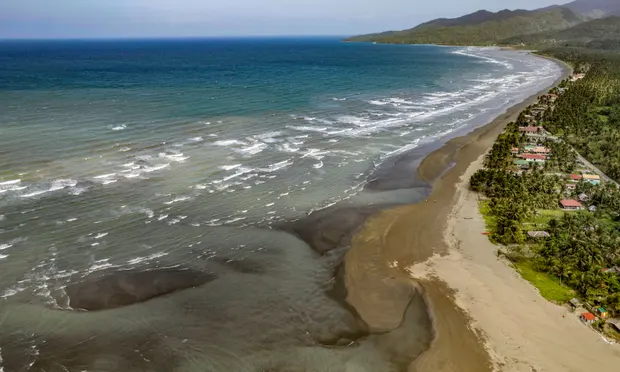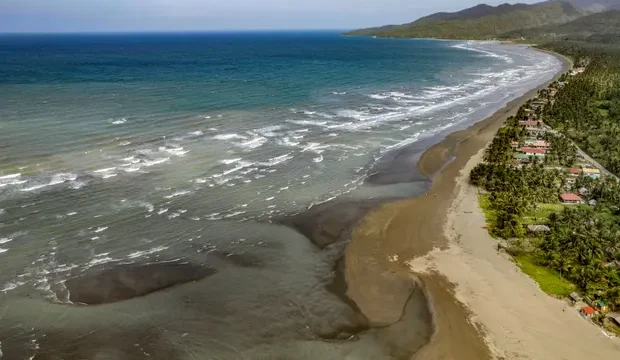The Japanese Ministry of Foreign Affairs announced on Thursday that a team of eight experts will be dispatched to assist the Philippine government in responding to the oil spill in Oriental Mindoro. The team will consist of five experts from the Japanese Coast Guard and three others from the Japanese Embassy in Manila and the Japan International Cooperation Agency. The deployment is on “humanitarian grounds and for marine environment conservation,” according to Tokyo, and was made upon the Philippine government’s request.
The oil spill was caused by the sunken M/T Princess Empress, which capsized approximately 20 km east of Mindoro Island on February 28, carrying about 800,000 liters of cargo fuel and diesel oil. The incident has resulted in significant damage to the marine environment and has affected the livelihoods of many coastal communities in the region.

The Japanese experts will provide support to the ongoing oil removal and control activities in the affected areas, as well as assist in conducting a disaster survey. They will work closely with Philippine authorities to prevent further marine contamination and restore the marine environment.
In a statement, the Japanese Ministry of Foreign Affairs expressed its hope that the assistance provided by the Japanese team will contribute to the prevention of further marine contamination and the restoration of the marine environment. Japan intends to continue working closely with the Philippines to address the environmental challenges posed by the oil spill.
The deployment of the Japanese experts is a testament to the strong partnership between Japan and the Philippines in addressing common challenges, such as environmental disasters. It is a concrete demonstration of Japan’s commitment to contributing to global efforts to protect the environment and promote sustainable development.
In conclusion, the assistance provided by the Japanese experts will be critical in mitigating the effects of the oil spill in Oriental Mindoro. Their expertise and support will go a long way in preventing further damage to the marine environment and supporting the restoration of affected communities’ livelihoods. The deployment also highlights the importance of international cooperation in addressing environmental challenges that require a collective response.


